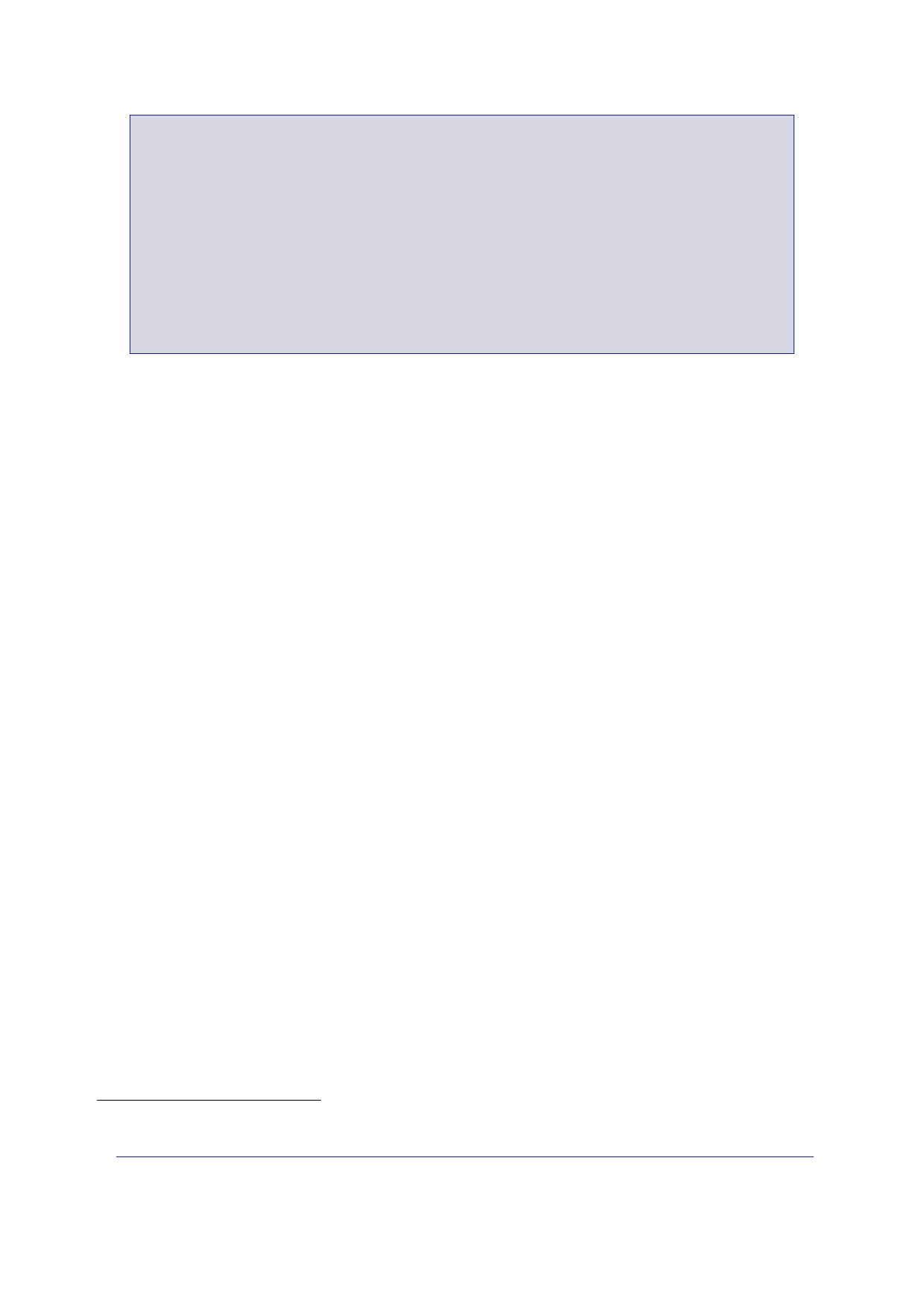
10.1 |
Reconstruction: March 2003 to June 2004
chartered
cargo flights but not passenger flights should be allowed to use
BIA (as the
liability
arising from passenger flights was so much
greater).569
Ministers
also agreed that UK forces should continue to provide air traffic
control and other
services to
cargo flights after the transition, when in direct support of
reconstruction and
humanitarian
activities.
BIA
reopened to commercial flights on 1 January 2005, following the
agreement of a
Memorandum
of Understanding between the UK and Iraqi Governments indemnifying
the
UK
Government and its agents against all claims arising from the
provision of services by
UK
personnel at BIA (see Section 10.2).
968.
Section 9.2
describes the deterioration in the security situation in Iraq from
late
March, as
the Coalition faced Muqtada al-Sadr’s Shia militia, Sunni
insurgents in
Fallujah
and a growing threat from Al Qaida.
969.
Sir Jeremy
Greenstock concluded his six-month tour in Iraq at the end of
March
and was
succeeded by Mr David Richmond. Sir Jeremy’s valedictory
telegram assessed
that the
Coalition might not deserve the “fragile state of semi-progress” in
Iraq:
“The
preparations for the post-conflict stage were abject; wrong
analysis, wrong
people …
And the volume of resources required on the ground, especially in
military
terms, was
and continues to be misjudged.”570
970.
Sir Jeremy
listed the Coalition’s major failings, including “complacency
and
constant
overselling of the true picture”.
971.
In early
April, US forces began operations in Fallujah. Section 9.2
describes UK
concerns
about the operation and its effect on Sunni opinion.
972.
On 7 April,
Mr Blair received an (unattributed) report on media and
communications
in
Iraq.571
It assessed
that the Iraqi media was “free, but also chaotic”: 190
newspapers,
25 TV
stations and 70 radio broadcasters operated with almost no
regulation. Where
satellite
television was available, Iraqi citizens preferred it to
terrestrial television or the
print
media; where it was not, Al Iraqiya dominated. The major satellite
channels were
Al Arabiya
and Al Jazeera. Although Al Iraqiya was improving, “the abiding
impression is
too little,
too late”. It could not hope to rival regional satellite channels
in the near future,
but in the
long term had the potential to become a credible public service
broadcaster.
Rumour and
word of mouth remained disproportionately powerful.
973.
Mr Blair
commented: “This is simply inadequate. We must grip
this.”572
569
Letter
Cabinet Office [junior official] to Owen, 9 August 2004, ‘Iraq:
Basra Airport’.
570
Telegram
109 IraqRep to FCO London, 26 March 2004, ‘Iraq Valedictory: Six
Months in the Cauldron’.
571
Report,
[undated], ‘Iraqi Media: Snapshot’.
572
Manuscript
comment Blair on Report, [undated], ‘Iraqi Media:
Snapshot’.
169
